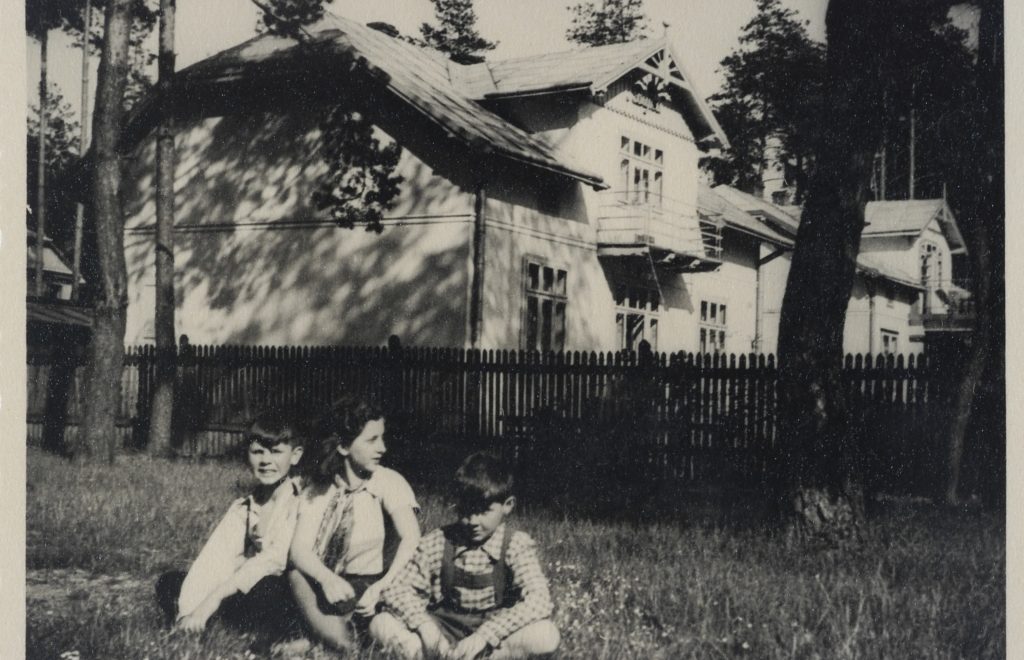Herbert, who looks at the cathedral tower
“Sir, don’t miss the strawberries or currants,” says a black-haired, middle-aged woman reasonably and calmly without yelling, which is unusual for this type of market. She sits on a low bench, opposite house number 55 on Lychakivska Street in Lviv. There is a whole bunch of baskets and pots with all sorts of berries in front of her: from the deep dark raspberry to the half-transparent, as if illuminated from the inside, red currant. Next to her is a late-blooming, assertive and impatient lilac. There are so many lilac branches that the woman cannot keep them all together. The lilac breaks loose and it seems that the saleswoman is paying less attention to the customers and rather speaking to the blossom inside that fragrant cloud, soothing and lulling it.
“Come on, lilaaac” she stretches the word. There is a lot of green and white one step farther: shaggy bundles of green onions sway between blocks of cheese, like the coast grass flowing between the dried up white stones at low tide. The water receded long, long ago.
“I thank you Lord, for creating such a beautiful and sundry world,” wrote the poet Zbigniew Herbert – who was born here, in Lviv.
September 1, 2018 - Ostap Slyvynsky


































